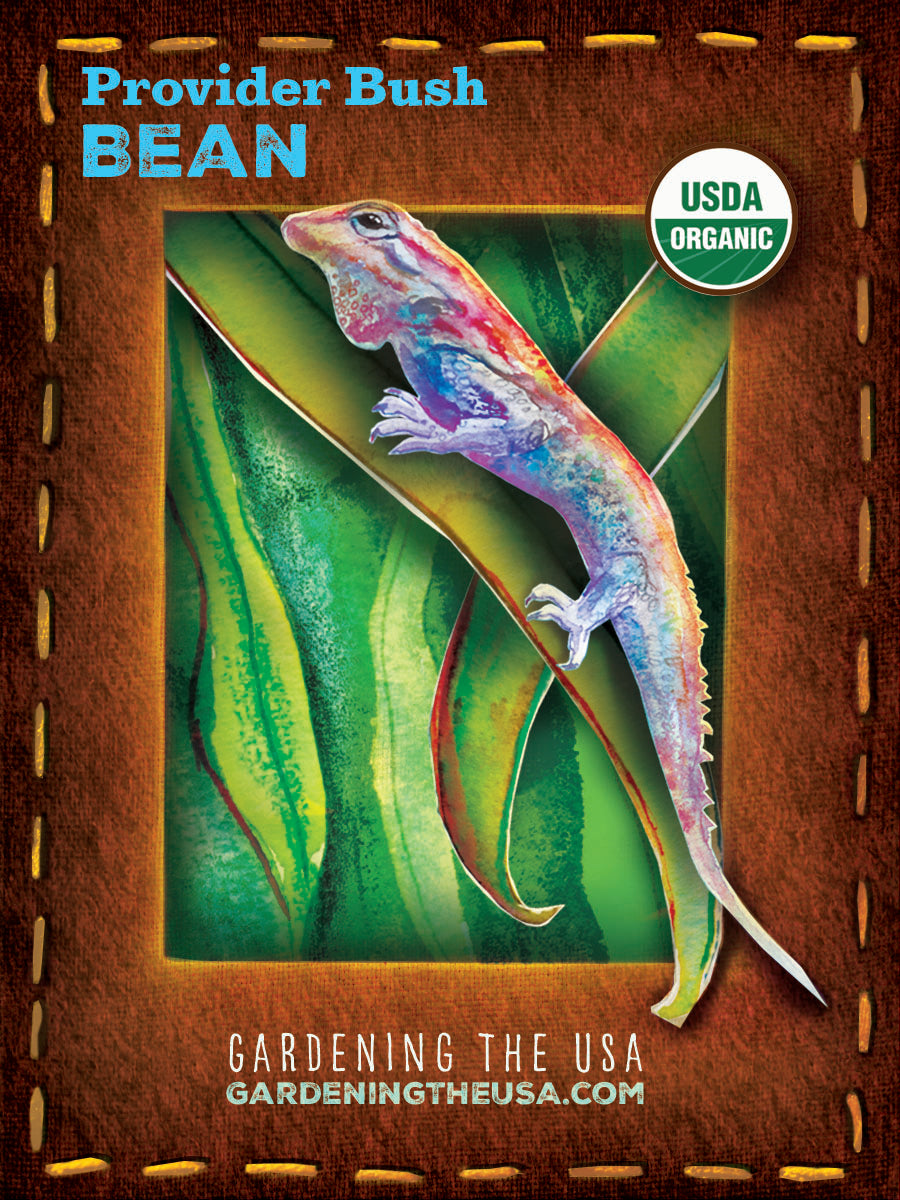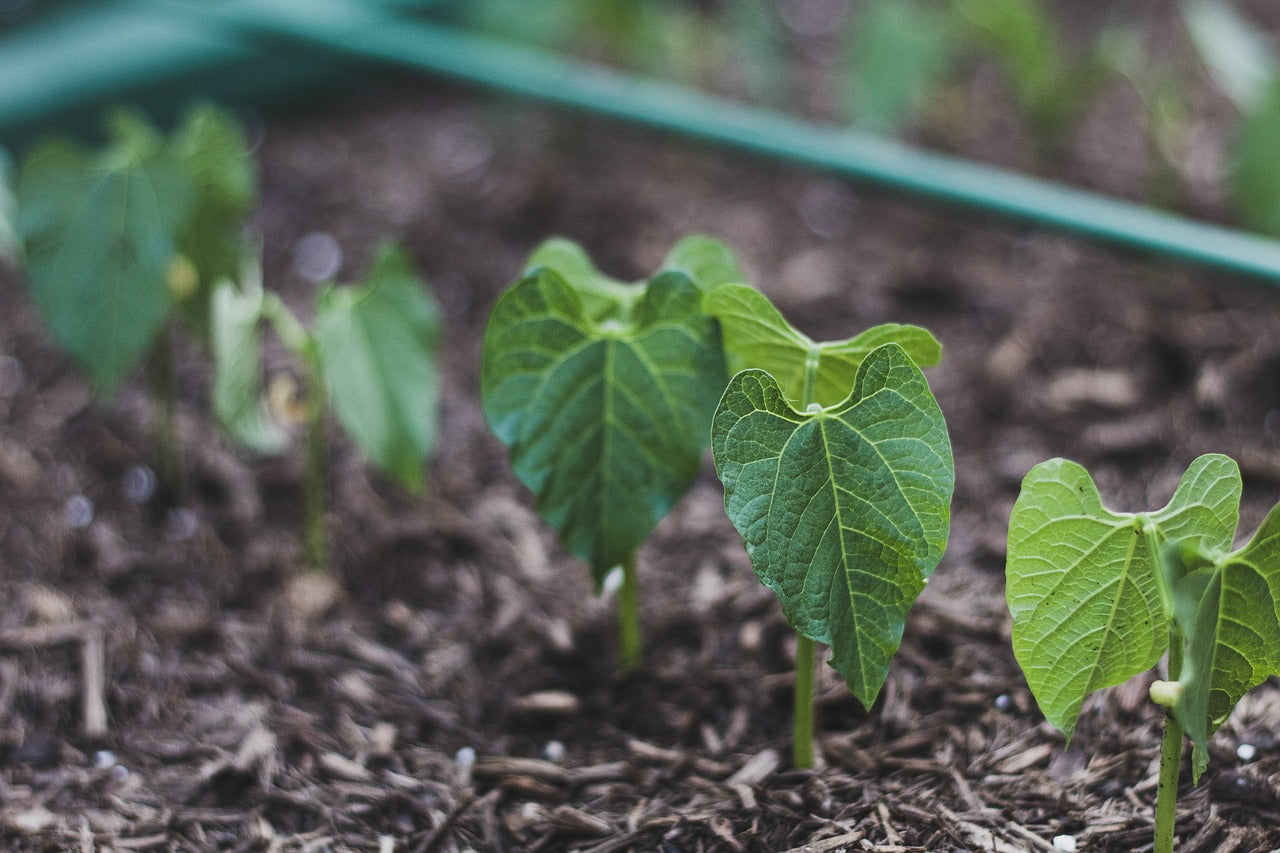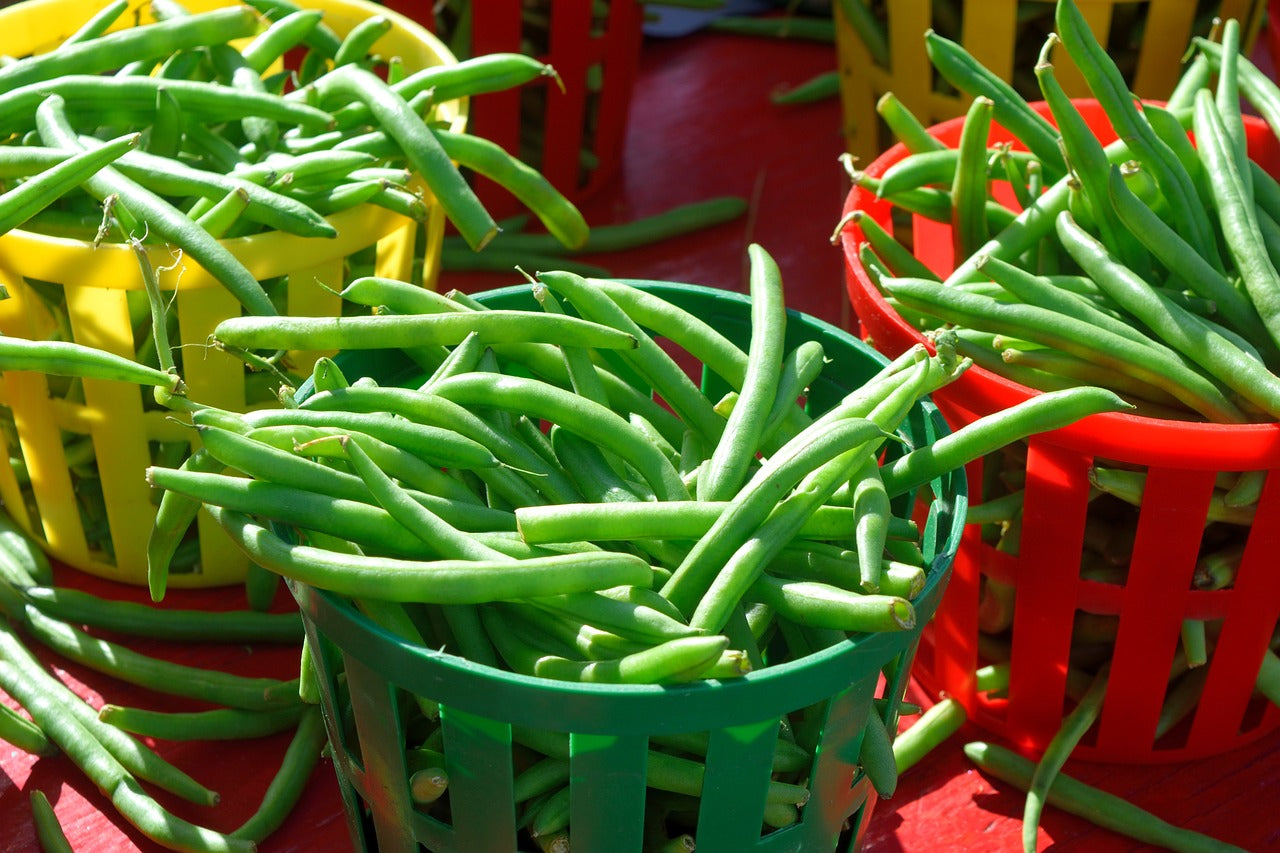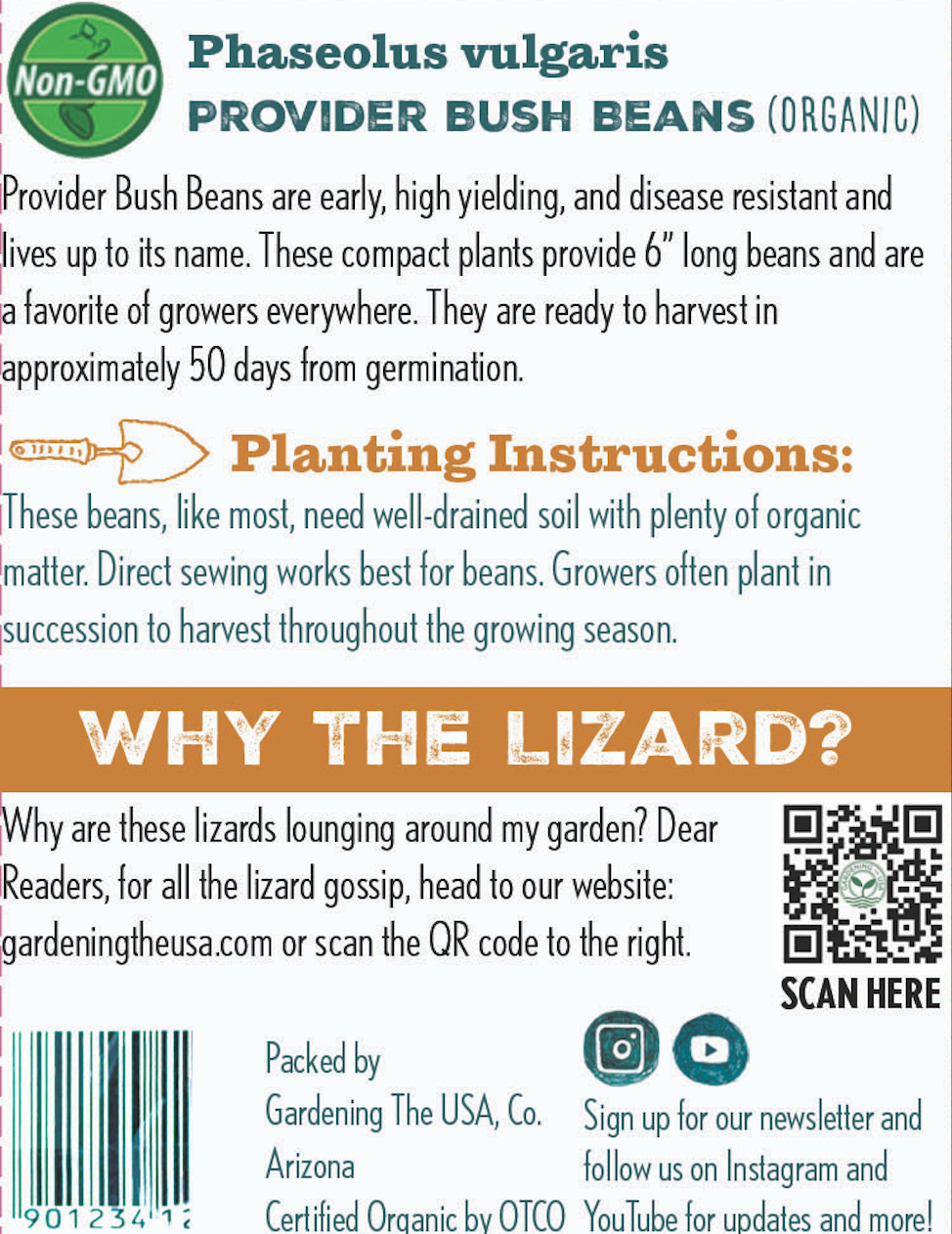Bean, Provider - SOLD OUT
Bean, Provider - SOLD OUT
Germination: 3-4 Days
Planting Instructions and Information
Provider Bush Beans are early, high yielding, and disease resistant and lives up to its name. These compact plants provide 6" long beans and are a favorite of growers everywhere. They're ready to harvest in approximately 50 days from germination.
These beans, like most, need well-drained soil with plenty of organic matter. Direct Sewing works best for beans. Growers often plant in succession to harvest throughout the growing season. The vines are relatively short, approximately 15" to 17" with strong roots. The beans are straight, have low fiber, tender, stringless and are a medium dark green with maroon colored seeds. They're a great early season or cool coastal climate bean.
Care
These beans, like most, need well-drained soil with plenty of organic matter. Direct sowing works best for beans. They prefer full sun (6-8 hours), and soil temp above 60 degrees. Sow 1 - 1 1/2" deep and approximately 4 to 5" apart. Don't let the soil get dry while the beans are blooming or the blooms will drop and yields will be decreased. Avoid wetting leaves as this will keep diseases at a minimum.
Approx: 45 Seeds
History
The 'Provider' was introduced in the USA by horticulturist Dr. Hoffman of the U.S. Vegetable Laboratory in South Carolina. It's got a complex heritage that includes 'Ashley Wax', 'Logan', 'Valentine', 'Commodore,' and 'Asgrow St. Greenpod'.
Why Are There Lizards Lounging Around In My Garden?
Dear Readers, here's all the gossip about lizards. First of all, let's be honest, lizards walk a fine line between cute and creepy. But why are they good for my garden? Let me fill you in!
First, lizards eat small insects and larvae, some of which can pose a threat to to your plants. Aphids, mites, beetles and more can chew through leaves and flowers or even ruin the veggies you're carefully nurturing. So lizards can provide a pesticide-free, 100% natural way to keep bugs away from your plants.
Next, they also eat slugs and snails, which are not insects by-the-way, they're mollusks. No matter what they're called, they love to eat plants and leave behind slimy mucus. Though toads, snakes, ducks, chickens, and raccoons can also take care of slugs they can also do great damage your garden. Lizards cause no damage to your plants, and are sneaky and fast, so can take care of lots of insects.
And last but not least, and very important, lizards are a measure of environmental health. They are what scientist call 'indicator species', in other words lizards are very vulnerable to pollutants, so having lizards in your garden can prove that your garden and the food growing in it, will have low levels of pesticides, heavy metals, or harmful chemicals. They are a barometer of your garden's health.
Share










